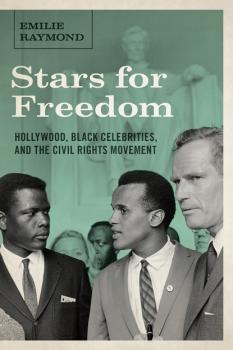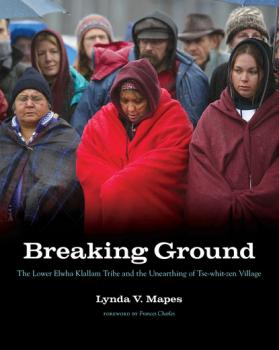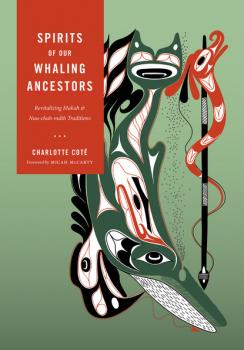Capell Family Books
Скачать книги из серии Capell Family BooksStars for Freedom
From Oprah Winfrey to Angelina Jolie, George Clooney to Leonardo DiCaprio, Americans have come to expect that Hollywood celebrities will be outspoken advocates for social and political causes. However, that wasn’t always the case. As Emilie Raymond shows, during the civil rights movement the Stars for Freedom – a handful of celebrities both black and white – risked their careers by crusading for racial equality, and forged the role of celebrity in American political culture. Focusing on the “Leading Six” trailblazers – Harry Belafonte, Ossie Davis, Ruby Dee, Sammy Davis, Jr., Dick Gregory, and Sidney Poitier – Raymond reveals how they not only advanced the civil rights movement in front of the cameras, but also worked tirelessly behind the scenes, raising money for Martin Luther King, Jr.’s legal defense, leading membership drives for the NAACP, and personally engaging with workaday activists to boost morale. Through meticulous research, engaging writing, and new interviews with key players, Raymond traces the careers of the Leading Six against the backdrop of the movement. Perhaps most revealing is the new light she sheds on Sammy Davis, Jr., exploring how his controversial public image allowed him to raise more money for the movement than any other celebrity. The result is an entertaining and informative book that will appeal to film buffs and civil rights historians alike, as well as to anyone interested in the rise of celebrity power in American society.
Breaking Ground
In 2003, a backhoe operator hired by the state of Washington to work on the Port Angeles waterfront discovered what a larger world would soon learn. The place chosen to dig a massive dry dock was atop one of the largest and oldest Indian village sites ever found in the region. Yet the state continued its project, disturbing hundreds of burials and unearthing more than 10,000 artifacts at Tse-whit-zen village, the heart of the long-buried homeland of the Klallam people.Excitement at the archaeological find of a generation gave way to anguish as tribal members working alongside state construction workers encountered more and more human remains, including many intact burials. Finally, tribal members said the words that stopped the project: «Enough is enough.»Soon after, Lower Elwha Klallam Tribe chairwoman Frances Charles asked the state to walk away from more than $70 million in public money already spent on the project and find a new site. The state, in an unprecedented and controversial decision that reverberated around the nation, agreed.In search of the story behind the story, Seattle Times reporter Lynda V. Mapes spent more than a year interviewing tribal members, archaeologists, historians, city and state officials, and local residents and business leaders. Her account begins with the history of Tse-whit-zen village, and the nineteenth- and twentieth-century impacts of contact, forced assimilation, and industrialization. She then engages all the voices involved in the dry dock controversy to explore how the site was chosen, and how the decisions were made first to proceed and then to abandon the project, as well as the aftermath and implications of those controversial choices.This beautifully crafted and compassionate account, illustrated with nearly 100 photographs, illuminates the collective amnesia that led to the choice of the Port Angeles construction site. «You have to know your past in order to build your future,» Charles says, recounting the words of tribal elders. Breaking Ground takes that teaching to heart, demonstrating that the lessons of Tse-whit-zen are teachings from which we all may benefit.
Spirits of our Whaling Ancestors
Following the removal of the gray whale from the Endangered Species list in 1994, the Makah tribe of northwest Washington State announced that they would revive their whale hunts; their relatives, the Nuu-chah-nulth Nation of British Columbia, shortly followed suit. Neither tribe had exercised their right to whale – in the case of the Makah, a right affirmed in their 1855 treaty with the federal government – since the gray whale had been hunted nearly to extinction by commercial whalers in the 1920s. The Makah whale hunt of 1999 was an event of international significance, connected to the worldwide struggle for aboriginal sovereignty and to the broader discourses of environmental sustainability, treaty rights, human rights, and animal rights. It was met with enthusiastic support and vehement opposition.As a member of the Nuu-chah-nulth Nation, Charlotte Cote offers a valuable perspective on the issues surrounding indigenous whaling, past and present. Whaling served important social, economic, and ritual functions that have been at the core of Makah and Nuu-chahnulth societies throughout their histories. Even as Native societies faced disease epidemics and federal policies that undermined their cultures, they remained connected to their traditions. The revival of whaling has implications for the physical, mental, and spiritual health of these Native communities today, Cote asserts. Whaling, she says, �defines who we are as a people.�Her analysis includes major Native studies and contemporary Native rights issues, and addresses environmentalism, animal rights activism, anti-treaty conservatism, and the public�s expectations about what it means to be �Indian.� These thoughtful critiques are intertwined with the author�s personal reflections, family stories, and information from indigenous, anthropological, and historical sources to provide a bridge between cultures.


